How Do Home Solar Panels Work?
Solar panels are the way of the future, and experts believe that solar energy could provide 45%1 of U.S. electricity by 2050. While solar continues to grow in commercial sectors, residential consumers are the driving force behind solar energy use in their communities, with installations up 34%2 since 2020.
With so many people switching to solar, you’re probably wondering how solar panels work and if they are right for you. Axia Solar is here to help you find out!
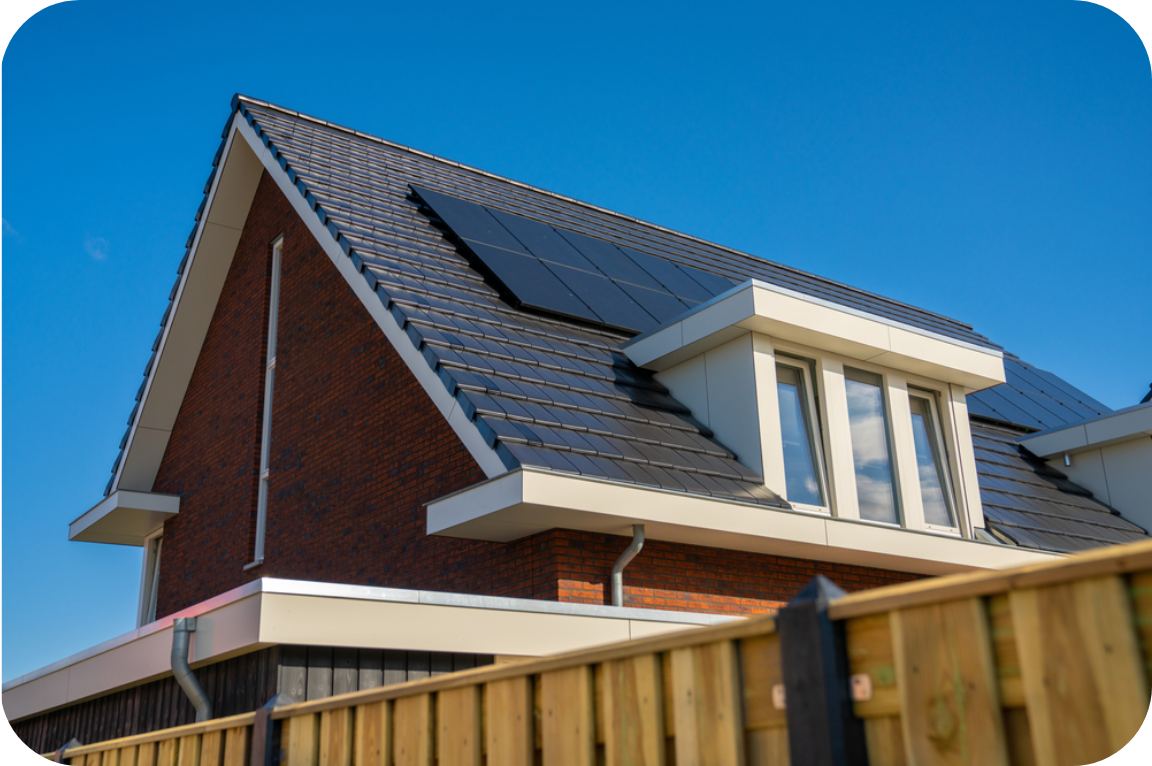
What is Solar Energy?
Any energy generated by the sun is considered solar energy. The sun emits electromagnetic waves — gamma rays, X-rays, and ultraviolet (UV) rays — that filter through the earth’s atmosphere to give us sunlight and solar energy. We have about 173,000 terawatts of energy striking the earth at all times, which is about 10,000 times more than the entire world’s energy use.
With all those terawatts coming at us continuously, it’s no wonder that solar energy is our most abundant energy source! But, with all that energy available, people still have reservations about how solar panels work on a house, specifically when it comes to weather and where you live.

How Does Solar Energize Your Home?
A solar panel system takes energy from the sun and moves it through a four-step process to convert the sunlight into usable electricity for your home. These steps are
Let’s look at these steps to discover how solar panels work for your home.
Your Solar Panels Generate DC Electricity
A solar panel is made out of monocrystalline or polycrystalline silicon and has varying numbers of 60 or 72 photovoltaic cells. These cells absorb sunlight and turn it into direct current (DC) electricity.
Solar inverter converts power into usable AC electricity
The DC electricity moves through your system’s solar inverter to be converted into alternating current (AC) electricity, which powers everything in your home.
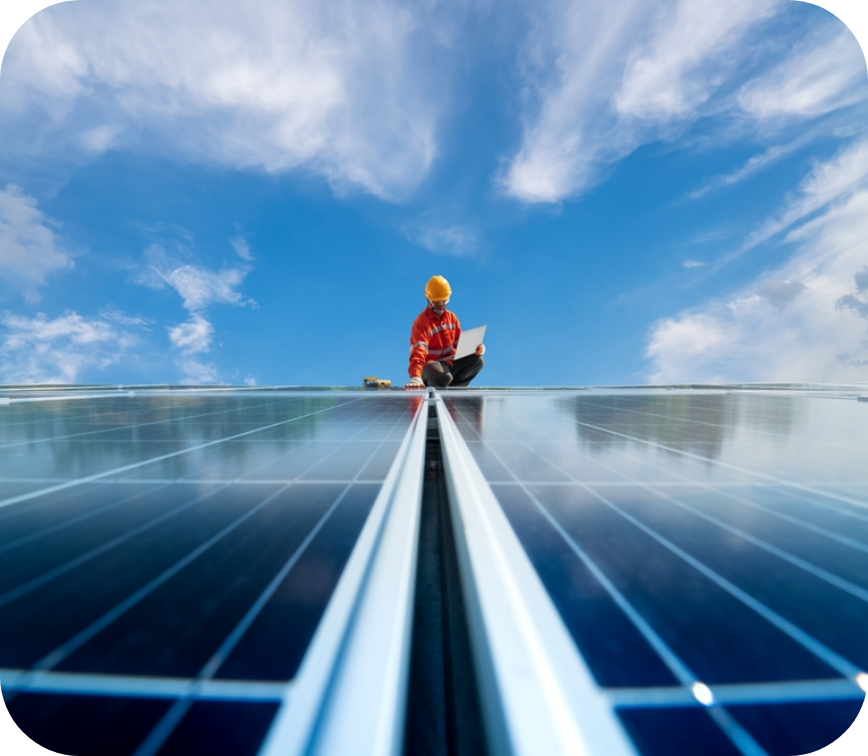
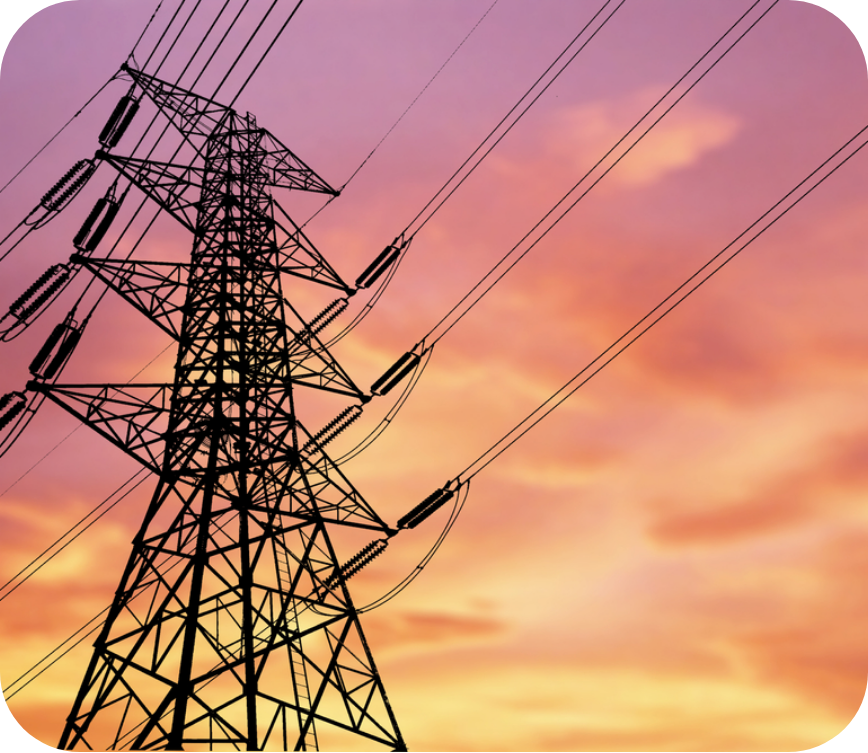
Solar Inverter Supplies Power to the Home
Once the AC electricity is generated in the inverter, it moves to your home’s main panel. Here, it is ready to power your appliances and the rest of your house when you need it. If you need more electricity than your system produces, like on a rainy day when the panels produce less energy, it will switch over to the electrical grid to meet the rest of your power needs.
If your solar system produces more electricity than you use, you can send it back to the grid through your utility meter. You’ll need a net metering system to accomplish this, but the excess electricity will automatically go to the grid, and you may be reimbursed for the extra energy over your utility bill usage.
Why Solar Panels May Not Be Working on Your House
Now that you know how to check that your solar system is working, you also need to know how to check if it isn’t. If you notice an increase in your energy bill costs or don’t seem to have the electrical power you usually do, your solar panels may not be functioning correctly.
There are a few things that could be causing you problems.
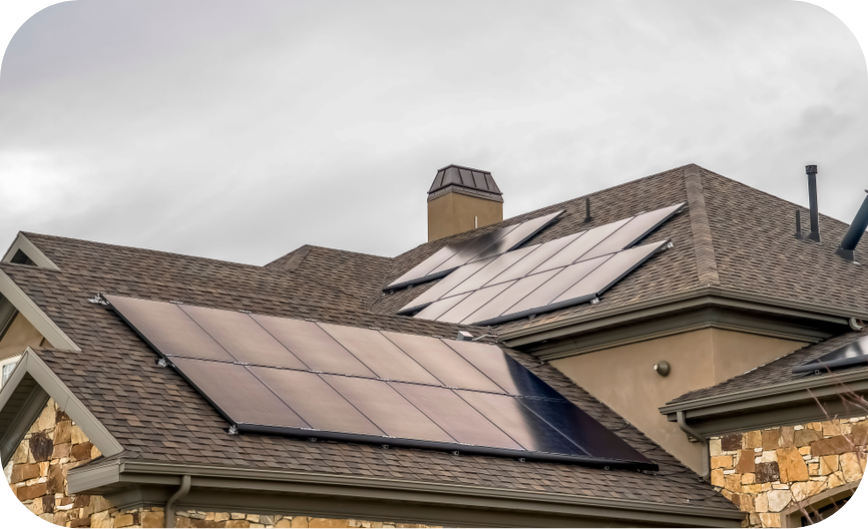
Tripped Breaker Switches
Since solar energy flows into your circuit board, the breaker switches need to be on to ensure you get electricity. If a switch is tripped — turned off when it should be on — you can turn it back on to get electricity again where you need it.
Seasonal Weather Changes
It is normal for your solar panel system to have performance fluctuations based on the weather or time of year. If you’re getting more power during the summer but notice a decline in the fall, it could just be the seasons changing if there are no other identifiable issues. Monitor your performance and reach out to your solar provider if the issue worsens.
Dirty Solar Panels
Solar panels are continuously exposed to the elements, which means they can quickly get dirty over time. Typically, dust and dirt build up over the panel, limiting its ability to absorb sunlight and reducing how much energy you are getting. Clean your solar panels, and the problem should clear up.
Other Potential Issues
If the above reasons aren’t causing problems with your solar panel system, there could be a few other issues responsible. You should contact your solar company to get help as soon as possible.
Smart Meters: Advantages and Disadvantages
If your solar panel system doesn’t currently have a smart meter — or you have an older one — you should consider upgrading to a new one. These meters’ latest models make monitoring system functionality easier with minimal effort.
Let’s look at the advantages and disadvantages of smart meters and how they help solar panels work on a house.
Advantages:
Disadvantages:
If you’d like to update an old meter or upgrade your system by adding one, Axia Solar can help.
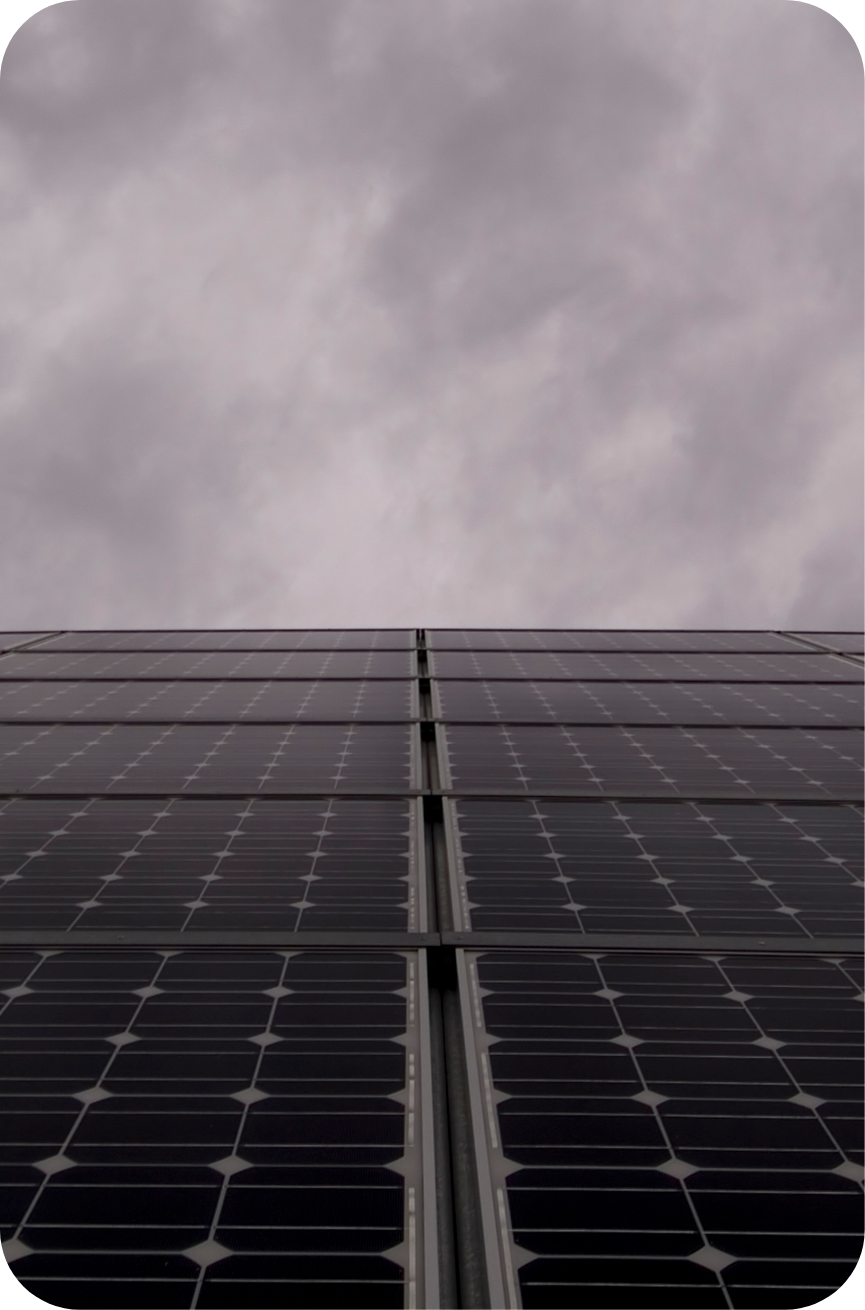
How Does Weather Affect Solar Energy Production?
Many people are hesitant to invest in solar power because they worry the system won’t work in inclement weather. People commonly ask, “How do solar panels work for your home if it’s cloudy?” The answer is pretty simple — solar panels still work in poor weather; they just produce less energy.
On cloudy, rainy, or foggy days, your solar panel system will produce between 10% and 25% of its total capacity.
For snowy days, solar panels will typically perform as usual. This is because sunlight can still pass through thin layers of snow, and solar panels are installed at an angle that allows accumulated snow to slide off the panel. Additionally, snow acts as a mirror to sunlight and boosts its intensity, which actually increases solar energy production.
In extremely hot climates, like Arizona or Florida, the higher temperatures don’t actually increase system production. How do house solar panels work? By the amount of sunlight hitting them, not the temperature of the air around them.
Solar panels still work in various weather conditions, though energy production can fluctuate depending on what’s going on outside. For solar panels to operate at peak efficiency, the ideal weather is a cool 77 degrees on a sunny day.
Do Some States Produce More Solar Energy Than Others?
Yes. States that have more sunny days than not are going to be better situated to take advantage of solar energy. However, high-quality solar panels can still harness the sun’s power and produce some electricity on cloudy days. So, while some states may have a slight advantage in using solar panels, every state can benefit from switching to home solar panel systems.
Some states, like California, Texas, Florida, North Carolina, and Arizona, have a lot of direct sunlight and are leading the charge in the number of solar panels. Many of these states also offer excellent solar power incentives, making it that much more attractive to go solar if you live in these areas. However, the states with the best solar incentives — New York, Rhode Island, Iowa, Connecticut, and Maryland — aren’t known for their warm, sunny weather. This shows that solar panels can work for you no matter where you live!
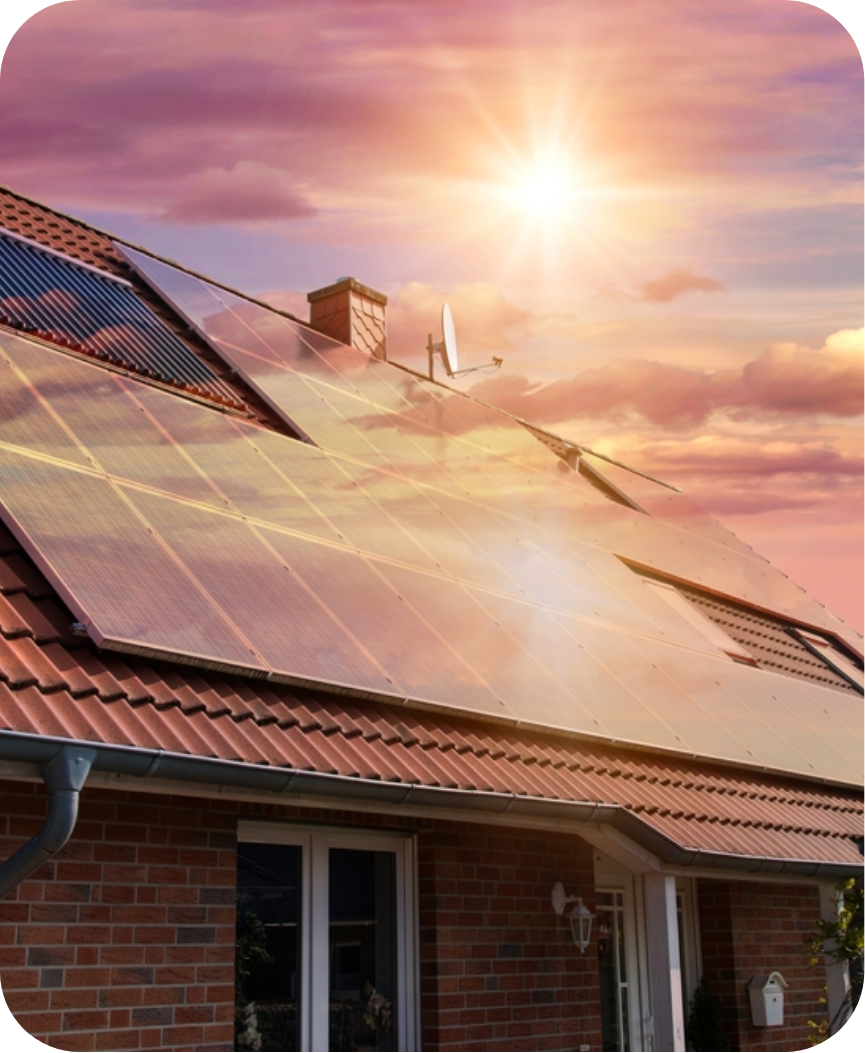
How Do I Know if My Solar Panels Are Working?
You installed solar panels to help power your home through the sun’s energy, and you want to ensure that investment pays off! If you want to gauge how solar panels work for your home, here are a few things you can check.
Check your monitoring app
The solar inverter has indicator lights to alert you on your monitoring app if your system has a problem. From here, you can also monitor how much energy the system is producing.
Check your bill
Your energy bill is one of the most significant indicators of system performance. If the bill is lower than before you installed solar, your system works.
Check with your solar company
You can always contact your solar provider to have them do a check on the system if you’re concerned. They can double-check all the components for functionality, and you’ll get peace of mind knowing the system is doing what it’s supposed to.
Work With Axia
If you’re ready to switch to solar for your home, contact the Axia Solar team today. We’d love to walk you through how solar panels work for your home and set you up with a solar panel system to meet your energy needs.
Already have solar panels that feel complicated and ineffective? We’ll simplify the system, increase its efficiency, and make lighting up your life easier than ever!